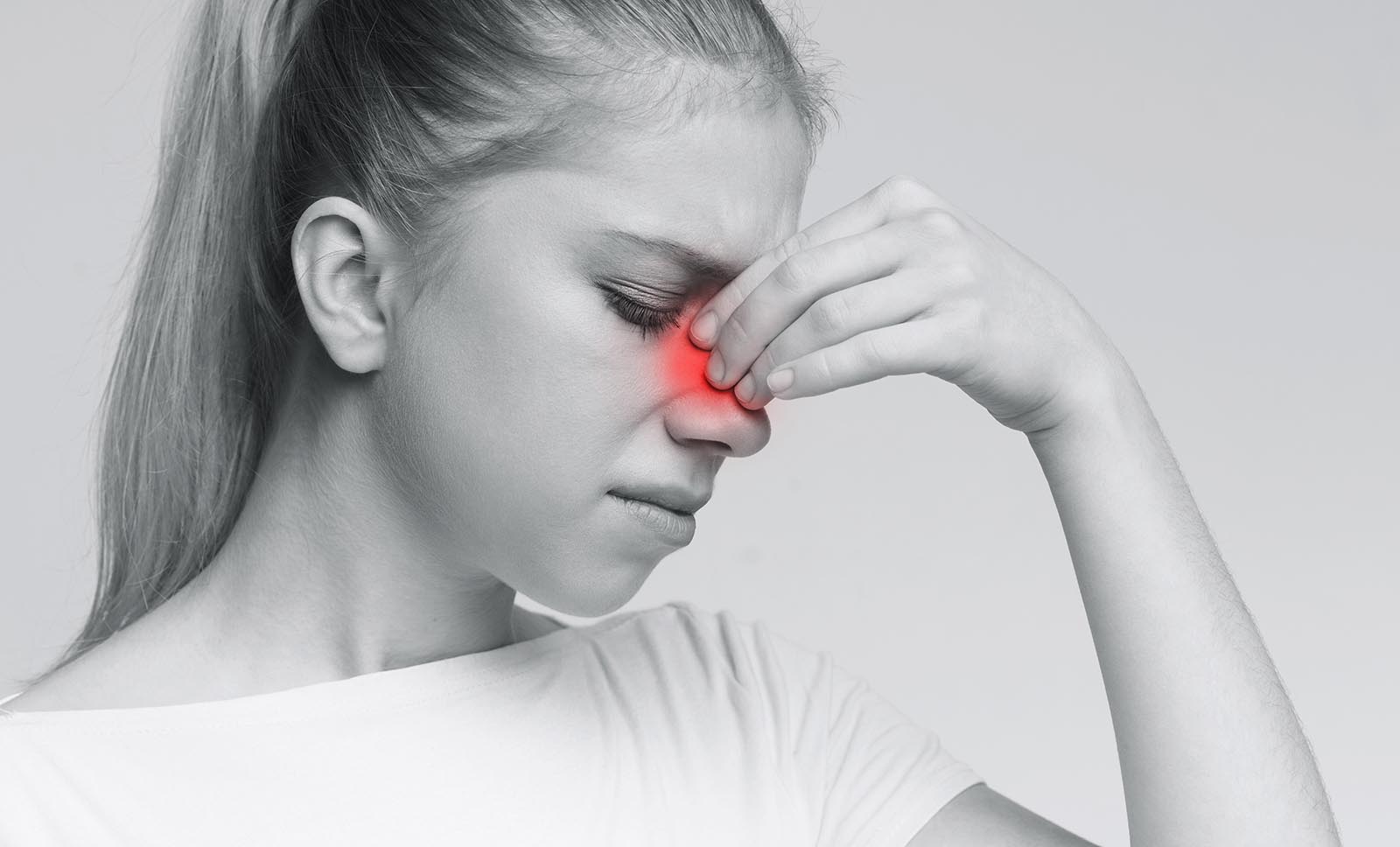Ashford Clinic Blog
What Causes Sinus Pressure?
 Most of us are familiar with the pressure, headaches, and throbbing pain behind the eyes and cheekbones associated with sinus infections. This sinus pressure can be obnoxious or even debilitating, and some of us experience it more often than others. So, what causes sinus pain and pressure to occur, and what can be done to help it? Let's find out.
Most of us are familiar with the pressure, headaches, and throbbing pain behind the eyes and cheekbones associated with sinus infections. This sinus pressure can be obnoxious or even debilitating, and some of us experience it more often than others. So, what causes sinus pain and pressure to occur, and what can be done to help it? Let's find out.
Sinus Pressure Causes
Your sinuses are hollow cavities that produce mucus in order to help protect from pollutants, allergens, dust, and more. These sinuses have an opening for drainage (called an ostium) that allows mucus to drain. When these openings become blocked, the mucus accumulates and produces the pressure and pain that we recognize as sinus pressure. This blockage happens when sinus tissues become swollen due to allergens, irritants, or infection.
In addition, there are other factors that can play a role in causing sinus pain and pressure, like changes in barometric pressure in the weather and even stress and anxiety. It is also important to note that these symptoms are associated with both bacterial sinus infections and viral infections (the common cold, flu, etc.) The key difference is the length of time that you experience the symptoms - viruses tend to start clearing up within 5-7 days, whereas symptoms of bacterial infections can persist for 10+ days. If symptoms persist, go see a doctor. At Ashford Clinic, we'll help to determine the best path of treatment for your specific needs.
What Can You Do?
There are things you can do at home to help relieve symptoms of sinus pressure, including...
- Heat & Humidity - warm compress on the face, breathing in steam, etc.
- Spicy Foods - help promote drainage and reduce pain and swelling
- Drink lots of water - keeps your body energized and your sinuses functioning properly
- Light Exercise - mild physical activity like walking and yoga can help to reduce inflammation and swelling, boost endorphins, and increase circulation
- Over-The-Counter Treatments - anti-inflammatories, decongestants, and expectorants can provide short term relief, but check with your doctor to ensure that you don't make your symptoms - or other underlying health conditions - worse
- Sinus Rinse - this practice can help flush out harmful bacteria and helps move mucus through the sinuses. Dr. Ashford has a helpful tutorial here
If your symptoms persist or get worse, go see a doctor. If you're in the Athens/North Georgia Area, come see us at Ashford Clinic.


